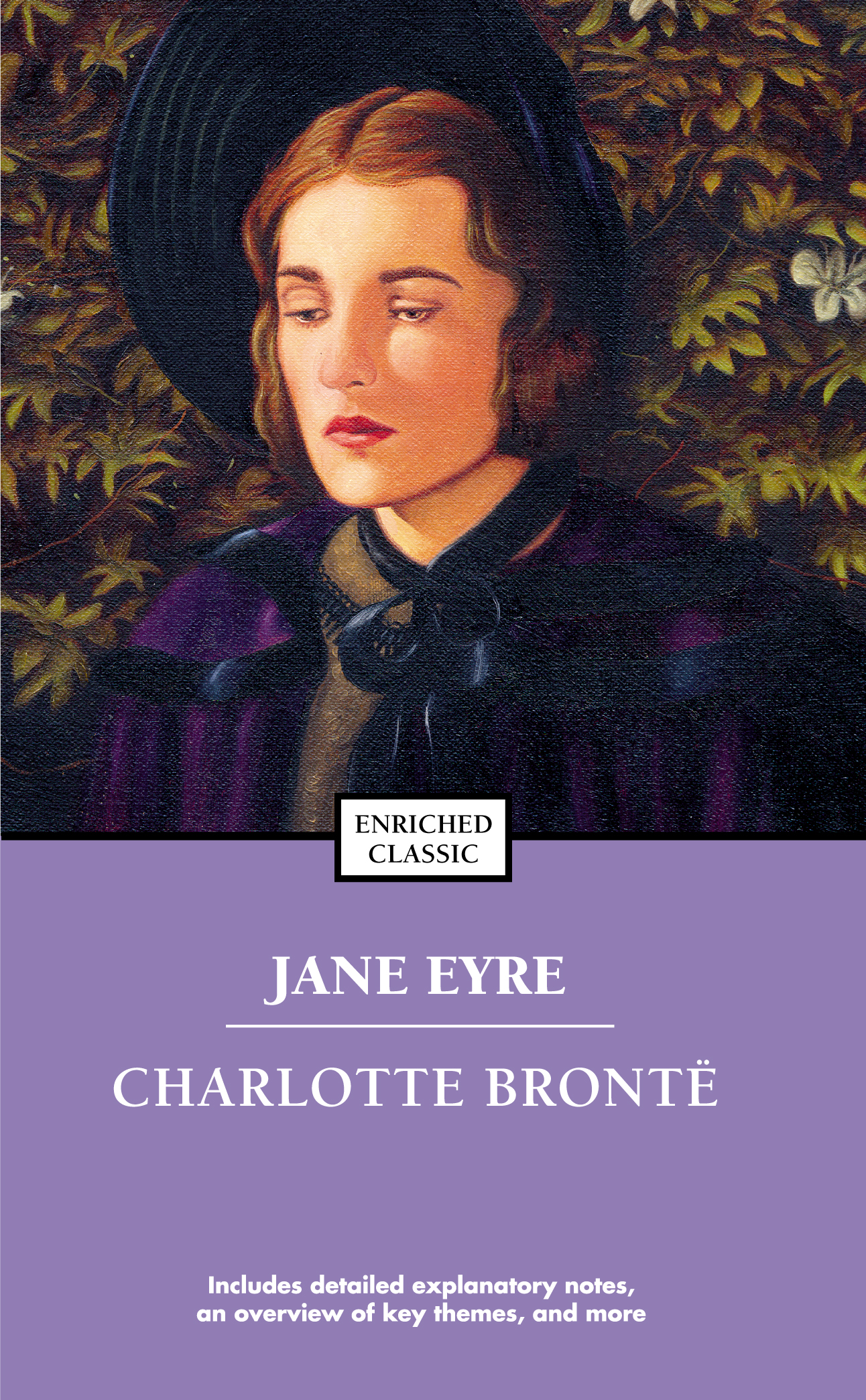Age: Young Adult/Adult
Category: Classic; romance
Rating: 4.5 stars
Category: Classic; romance
Rating: 4.5 stars
Juliet Thinks: When Jane Eyre was first published in 1847, Charlotte Bronte did not use her real name. Instead, she published it under a male pseudonym, Currer Bell.
Narrated in first person, the novel begins in Jane's childhood as an orphan living with her cruel aunt and cousins. Later on, Jane attends an institution for orphaned girls, in which she is educated in several subjects. Then, she chooses to work as a governess for Thornfield Hall, Edward Rochester's great estate. One of the greatest elements of this novel is that of the uncanny and supernatural. Jane hears strange screams in the night and notices other Thornfield staff acting suspiciously, but she has no idea what is actually going on, all whilst falling for Mr. Rochester.
Jane Eyre was absolutely revolutionary in its feminist themes at the time it was published. One of its most spectacular quotes delineates the oppression of women and their desire to break out of prescribed gender roles:
"Women are supposed to be very calm generally: but women feel just as men feel; they need exercise for their faculties, and a field for their efforts, as much as their brothers do; they suffer from too rigid a restraint, too absolute a stagnation, precisely as men would suffer; and it is narrow-minded in their more privileged fellow-creatures to say that they ought to confine themselves to making puddings and knitting stockings, to playing on the piano and embroidering bags. It is thoughtless to condemn them, or laugh at them, if they seek to do more or learn more than custom has pronounced necessary for their sex."
I found Jane Eyre to be a likable character because of her feminist tendencies. As shown in the passage above, Jane often thought deeply about how she wants to be more than an object of male affection. She chose the paths that would lead to her autonomy; she refused to be dependent on the financial support of anyone. In the 19th century, this was a very radical notion for women to have. It's for this reason that many critics were taken aback by Bronte's novel. One critic said, "We do not hesitate to say that the tone of mind and thought which has overthrown authority and violated every code human and divine abroad," regarding Jane's departure from Victorian femininity.

0 comments:
Post a Comment